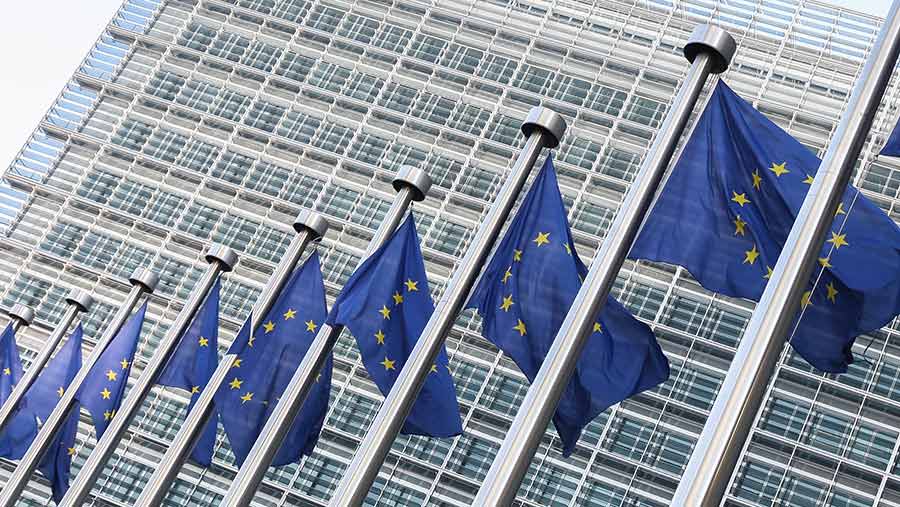EU farmers to adopt new eco-schemes from 1 January
 © Adobe stock
© Adobe stock A new Common Agricultural Policy (CAP) with more of an environmental focus and stronger support for young farmers will take effect across EU Member states from 1 January.
The EU claims that the new policy “paves the way for a fairer, greener and more performance-based CAP”.
In contrast to England where the Basic Payment Scheme is being phased out, direct payments will still be available, which could give EU farmers a competitive advantage.
See also: Frustration as Defra puts off ELM payment details until next year
However, direct payments will be linked to tougher mandatory requirements known as “conditionality”.
For example, on every farm at least 3% of arable land will be dedicated to biodiversity and non-productive elements.
Eco-schemes
Under the new CAP at least 25% of the budget for direct payments will also be allocated to eco-schemes, such as organic farming, agro-ecology, and carbon farming, as well as animal welfare improvements.
Member states will have to make one or more eco-schemes available, but farmers will not be compelled to participate in them.
Ireland has indicated that its eco-scheme will require farmers to choose from at least two of the following agricultural practices:
- Making space for nature (non-productive areas and landscape features)
- Extensive livestock production
- Limiting chemical nitrogen usage
- Planting of native trees/hedgerows
- Use of GPS controlled spreader and/or sprayer
- Soil sampling and appropriate liming
- Planting a break crop
- Sowing a multi-species sward.
Meanwhile, France is focusing on the preservation of grasslands, the establishment and maintenance of hedges, diversity of rotations, and the development of organic farming so that 18% of the useful agricultural area is farmed organically by 2027.
Young farmers support
Member states will also have to distribute at least 3% of their direct payments budget to young farmers (under 40), in the form of income or investment support, or start-up aid for young farmers.
Ireland will be offering young farmers a payment of about €180 (£154/ha) per eligible hectare up to a maximum of 50ha for up to five years.
At least 35% of rural development funds also need to be allocated to measures to support climate, biodiversity, environment and animal welfare.
The package also allows member states to redirect 10% of direct payments to a redistributive income support tool which can be used to benefit small and medium-sized farms.
For the first time, CAP payments will also be linked to meeting certain EU labour standards and beneficiaries will be incentivised to improve working conditions on farms.
Each EU country can tailor arrangements to meet local needs by designing a national CAP strategic plan, which combines their plans for income support, rural development, and market measures.
